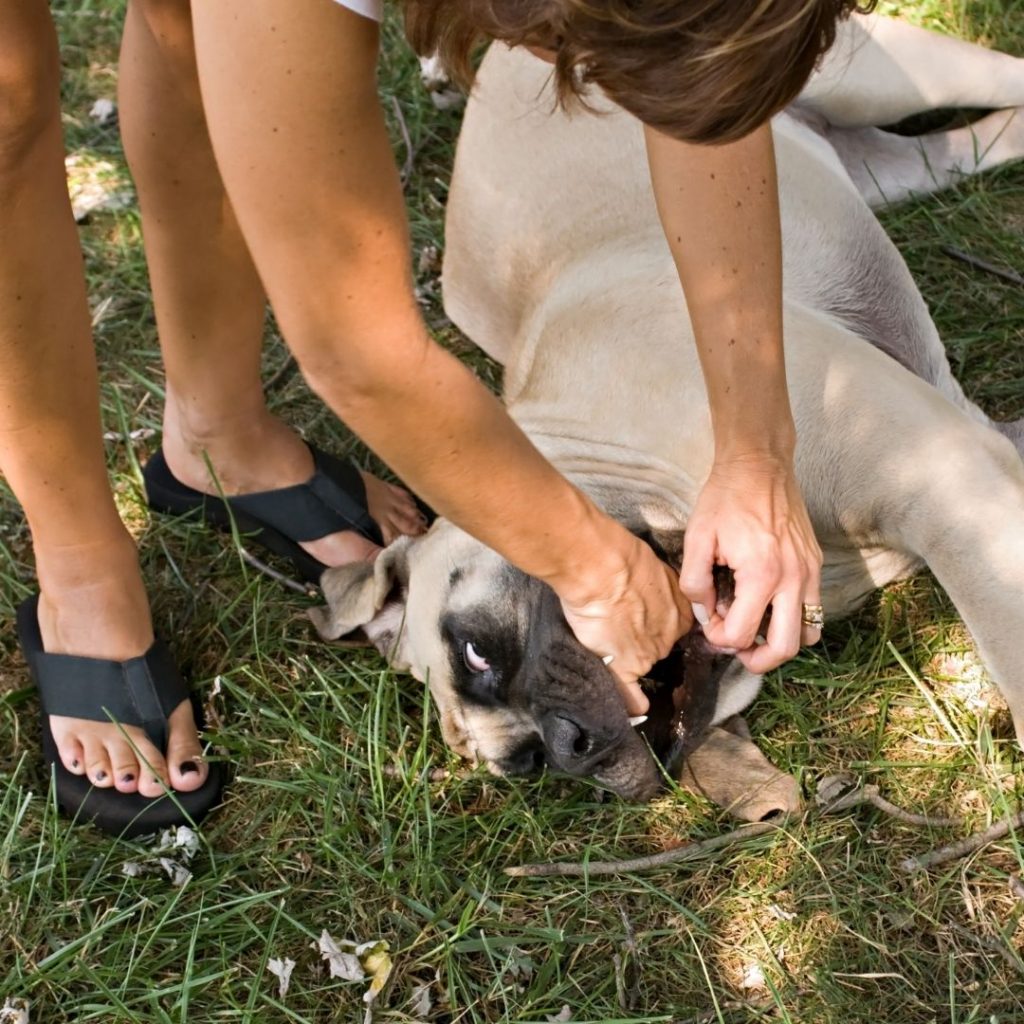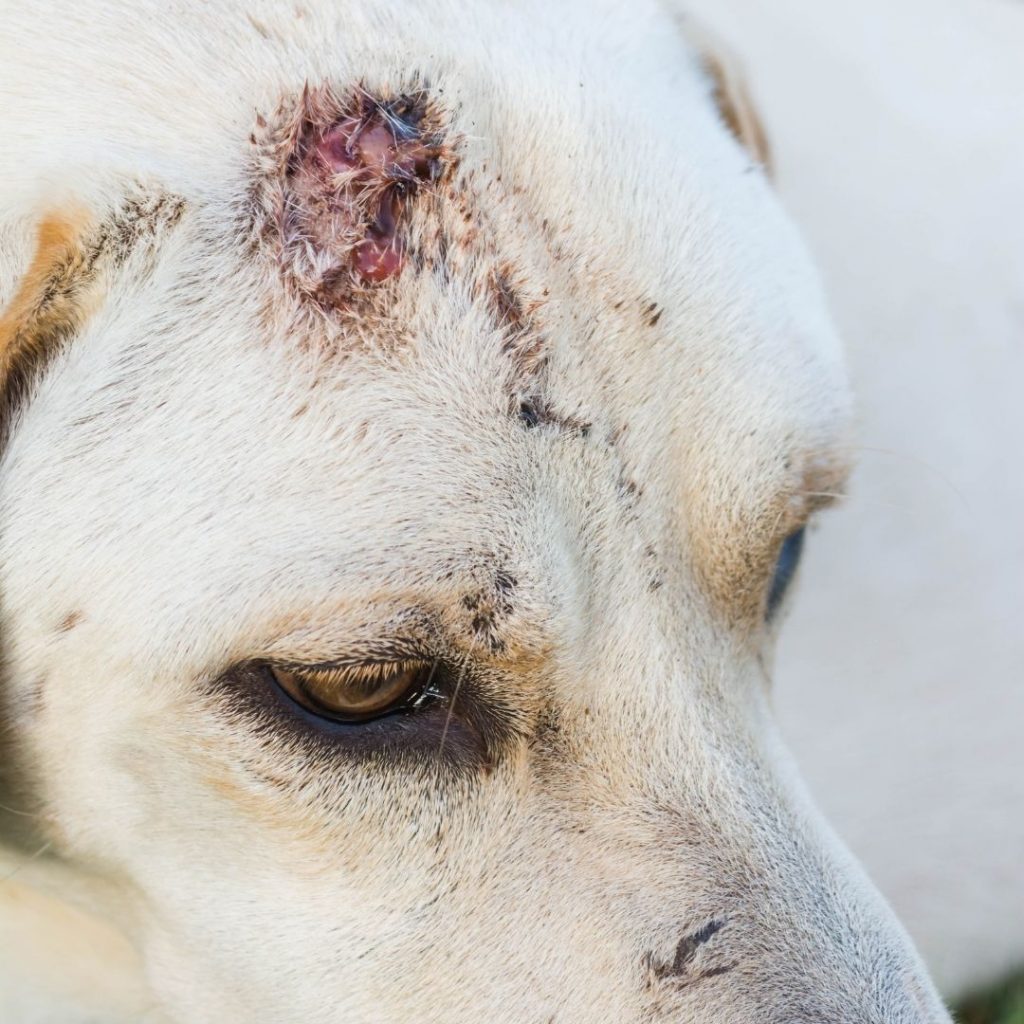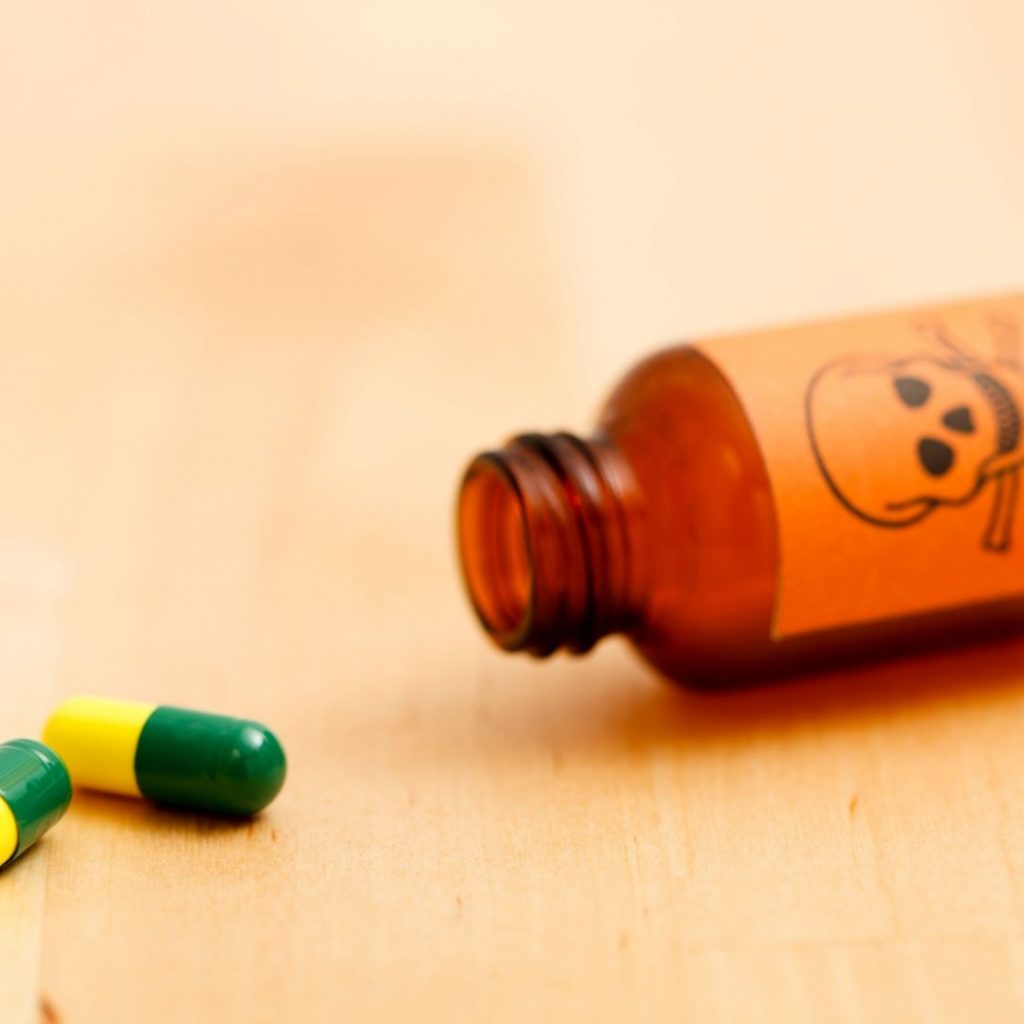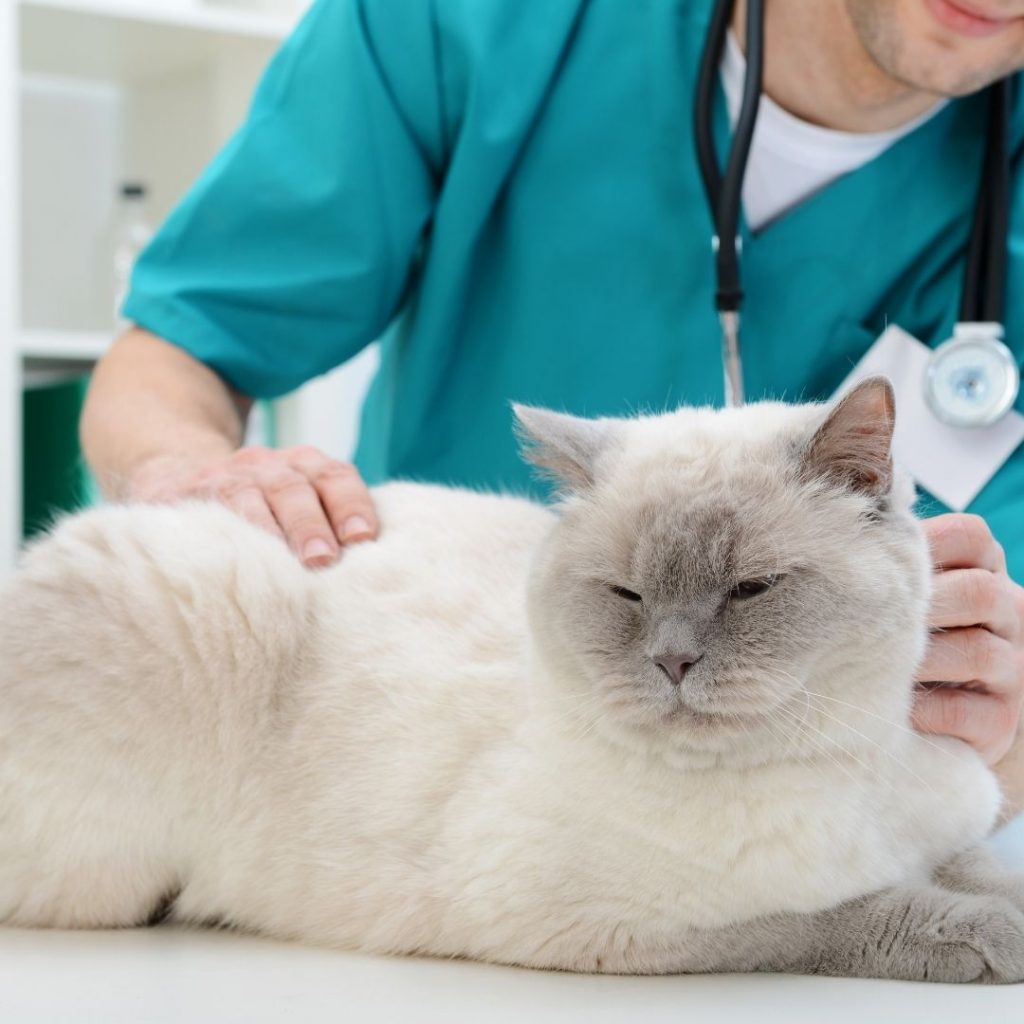Being a pet owner means being prepared for emergencies. Just like small children, pets are prone to accidents and sudden illnesses, and it’s important to know how to respond in these situations. First aid for pets is similar to first aid for humans in many ways, but there are also some important differences. You’ll need to be familiar with the specific anatomy of your pet in order to provide effective first aid. Finally, should the need for professional care be required don’t forget that pet insurance can help to cover the cost of unexpected vet bills. By taking some time to educate yourself about pet first aid, you can be prepared for anything that comes your way.
Here are some tips to help you with your pet emergencies:
1. Choking

If your pet is choking, it is important to act quickly and calmly. The first step is to try to remove the object that is blocking the airway. If you are unable to do this, then you will need to perform the Heimlich maneuver. This involves placing your hands just below the animal’s rib cage and giving a sharp upward thrust. If your pet is still choking, then you will need to take it to the nearest emergency vet clinic. In the meantime, try to keep your pet calm and avoid giving it any food or water. Choking is a serious medical emergency, but with quick action and proper treatment, most pets make a full recovery.
2. Cuts

If your pet has a cut or wound, it’s important to take proper care of it to avoid infection. First, clean the area with warm water or saline. If the wound is bleeding, apply pressure with a clean cloth to help stop the bleeding. Next, apply an antibiotic ointment to the wound, if possible. Finally, wrap the area loosely with a sterile gauze bandage. Check the wound daily and keep it clean and dry. If you see any signs of infection, such as redness, swelling, or discharge, take your pet to the vet immediately. With proper care, most cuts and wounds will heal quickly and without complication.
3. Poison

If you suspect that your pet has been poisoned, it is important to act quickly. The first step is to call your veterinarian or the local animal emergency clinic. Be prepared to give them a description of your pet’s symptoms and, if possible, the name of the poison. If you have the container of the poison, please bring this with you or take a picture of the label. While you are waiting for professional help to arrive, do not try to make your pet vomit unless instructed to do so by a medical professional. Once at the clinic, the veterinarians will take care of everything and will likely administer activated charcoal to absorb the poison. They will also provide supportive care and monitor your pet’s vital signs. With prompt treatment, most pets will make a full recovery from poisoning.
4. CPR on Dogs or Cats
If you have ever taken a CPR class, then you know that the basic steps are the same for both humans and animals. However, there are a few key differences that you need to be aware of before attempting CPR on your furry friend. First of all, it is important to check for a pulse before starting chest compressions. To do this, place your hand on the animal’s chest just behind the left elbow and feel for a heartbeat. If there is no pulse, then you will need to begin chest compressions. For dogs, place your hands on either side of the chest and compress the chest about one inch with each compression. For cats, cup your hands around the chest and give compressions that are about half an inch deep. The compression rate should be about 100-120 compressions per minute for both dogs and cats. Once you have started chest compressions, someone else should call for emergency Veterinary help. If possible, continue CPR until help arrives or the animal begins to breathe on its own.
5. When to take your pet to the vet

When it comes to our furry friends, we want nothing more than to keep them happy and healthy. Part of being a responsible pet owner is knowing when to take your pet to the vet. While many routine check-ups and vaccinations can be scheduled in advance, there are some situations that require immediate medical attention. If your pet has been in an accident or suffers from a sudden onset of illness or injury, it is important to seek professional medical help right away. In addition, if you are ever unsure about whether or not your pet needs to see a vet, it is always better to err on the side of caution and make an appointment. After all, our pets rely on us to take care of them, and that includes making sure they get the best possible veterinary care.
